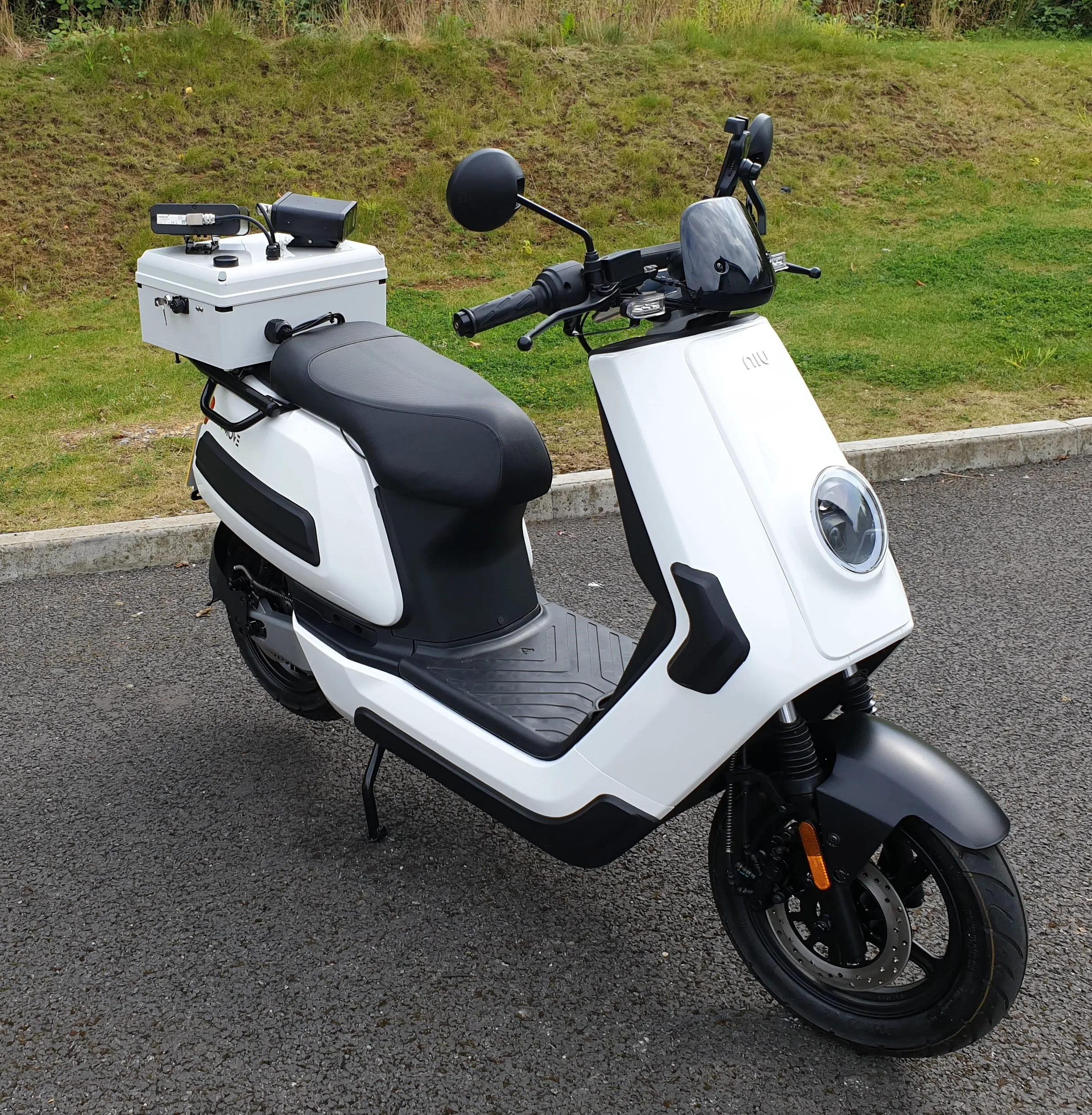UK highways services provider Colas is set to start trialling its innovative solar road solution, Wattway and is in the process of identifying potential sites with clients interested in the photovoltaic road surfacing.
According to Colas, the technology provides clean, renewable energy in the form of electricity, while allowing for all types of road traffic. Installed on top of an existing road surface, the solar panels are extremely lightweight and strong.
Designed and tested to endure vehicles co
July 14, 2016
Read time: 2 mins
UK highways services provider Colas is set to start trialling its innovative solar road solution, Wattway and is in the process of identifying potential sites with clients interested in the photovoltaic road surfacing.
According to Colas, the technology provides clean, renewable energy in the form of electricity, while allowing for all types of road traffic. Installed on top of an existing road surface, the solar panels are extremely lightweight and strong.
Designed and tested to endure vehicles continuously passing over the surface, the panels are only 7mm thick and are applied on the surface by using a high performance resin. A glass bead resin coating is also applied to allow the surface to provide acceptable frictional performance without significantly affecting the solar panels efficiency.
According to Colas, the power generated by Wattway has the potential to be used for highways and transportation infrastructure, such as variable message signs and street lights, but also could be returned to the grid or used to supply energy to nearby homes and businesses. An innovative source of renewable energy, it is particularly well suited for smart grids and short-circuit electricity production, as the need for new sources of energy and electric mobility continues to rise.
Each solar panel is comprised of an array of 15-cm wide cells making up a very thin film of polycrystalline silicon that transforms solar energy into electricity. These extremely fragile photovoltaic cells are coated in a watertight multilayer substrate composed of resins and polymers, translucent enough to allow sunlight to pass through, resistant enough to withstand even large vehicle traffic.
The composite is also designed to adapt to the pavement’s natural thermal expansion. The surface that is in contact with vehicle tyres is treated to ensure skid-resistance equivalent to conventional asphalt mixes. Electrical connections can be installed at the edge of the carriageway or in ducts integrated in the panels themselves. Lastly, electronic circuit breakers ensure safety.
Carl Fergusson, Colas executive director Strategy & Development, said the company is looking for a number of forward-thinking clients who are interested in running Wattway. The first trial has already begun in France and the UK trials will form part of about 100 trials taking place world-wide.
According to Colas, the technology provides clean, renewable energy in the form of electricity, while allowing for all types of road traffic. Installed on top of an existing road surface, the solar panels are extremely lightweight and strong.
Designed and tested to endure vehicles continuously passing over the surface, the panels are only 7mm thick and are applied on the surface by using a high performance resin. A glass bead resin coating is also applied to allow the surface to provide acceptable frictional performance without significantly affecting the solar panels efficiency.
According to Colas, the power generated by Wattway has the potential to be used for highways and transportation infrastructure, such as variable message signs and street lights, but also could be returned to the grid or used to supply energy to nearby homes and businesses. An innovative source of renewable energy, it is particularly well suited for smart grids and short-circuit electricity production, as the need for new sources of energy and electric mobility continues to rise.
Each solar panel is comprised of an array of 15-cm wide cells making up a very thin film of polycrystalline silicon that transforms solar energy into electricity. These extremely fragile photovoltaic cells are coated in a watertight multilayer substrate composed of resins and polymers, translucent enough to allow sunlight to pass through, resistant enough to withstand even large vehicle traffic.
The composite is also designed to adapt to the pavement’s natural thermal expansion. The surface that is in contact with vehicle tyres is treated to ensure skid-resistance equivalent to conventional asphalt mixes. Electrical connections can be installed at the edge of the carriageway or in ducts integrated in the panels themselves. Lastly, electronic circuit breakers ensure safety.
Carl Fergusson, Colas executive director Strategy & Development, said the company is looking for a number of forward-thinking clients who are interested in running Wattway. The first trial has already begun in France and the UK trials will form part of about 100 trials taking place world-wide.









